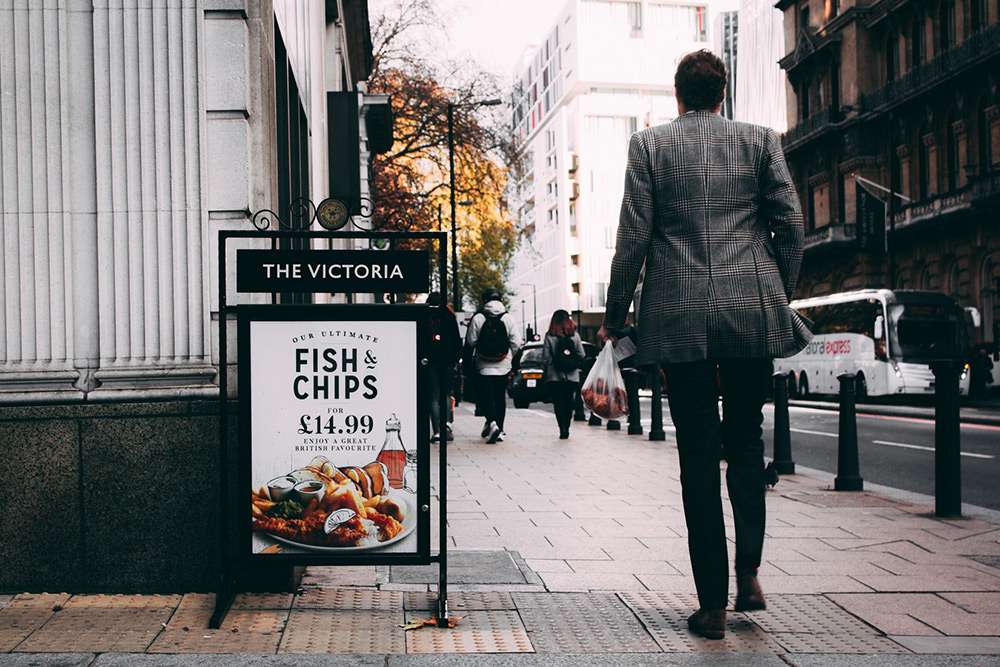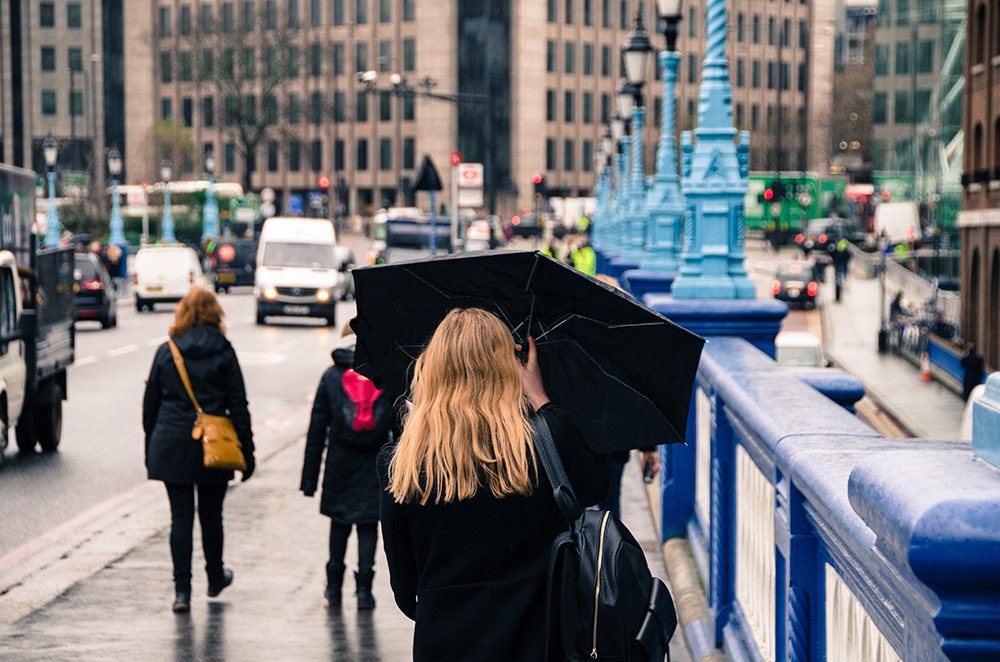So you’re heading off to study abroad or learn English in the UK – congratulations! Chances are you’re already dreaming of tucking into fish and chips, drinking cold pints of beer with your new mates while you watch the football match in your local pub, having tea and shopping with your new friends in the afternoons and partying it up at night in glitzy clubs. Daydreaming aside, you’re also probably experiencing the pre-travel stress of planning, packing and organising everything you need for a smooth trip. Have no fear – we’re here to help with a handy study abroad checklist for the UK!
Steps to follow before you leave for the UK
Starting with the most absolute basic advice, you need to know where you’ll be studying. Whether it’s an Erasmus or exchange programme with another university, an English language course, an internship programme in the UK or even a combination of a part-time job with an English course, this is step number one.

Step number two: where are you going to live? Be it a university residence, an English home with a host family or a student apartment, this is a vital part of your study abroad experience. The good news is that the advisors from your language programme or university will be well versed on all the options, so they can connect you with the one that’s right for you.
Step number three: will you need a visa? At the moment, European students won’t need to worry about this, while students from the rest of the world will likely have to apply for the short-term study visa. But again, your study abroad agency or university will be able to walk you through the process.
Step number four: practicalities. Get in touch with your health care provider and see if they offer coverage while you’ll be studying abroad in the UK, or apply for the European Health Insurance Card. You might be concerned about how Brexit may affect your study abroad plans in the UK, but at the moment, it’s all business as usual!

Contact your mobile phone provider and ask if they offer free roaming, and if not, think about putting your service on hold while you’re studying abroad to save some money.
And speaking of money, exchange some of your local currency for pounds sterling before you leave. While you’re in the UK, you’ll be able to pay for almost everything with your credit or debit card, but it’s always good to have some cash on hand for emergencies. £200-£500 based on how long you’ll be staying should be a good amount to start with.
Finally, don’t forget to let your bank know your travel plans and ask about any international transaction or ATM fees!
Packing list for the UK
Once you’ve got all the paperwork and hard stuff behind you, all that’s left to do is pack that suitcase. With four distinct seasons, it can be tricky to pack for the UK, but it’s definitely doable! We’ve taken the guesswork out of the equation and put together a packing list just for you:
Clothing (general)
- Light, waterproof jacket
- 2-3 jumpers or cardigans for layering
- 4 long-sleeved shirts
- 4 t-shirts
- 2-3 pairs of jeans/trousers
- 2 dressier outfits for going out at night
- 2-3 outfits for the gym/exercise
- 1 pair of trainers
- 1 pair of dress shoes or high heels for going out
- 7 pairs of socks (at least)
- 7 pairs of underwear (at least)
- 4 bras for women or undershirts for men

Clothing – extras for autumn, winter or early spring
- Winter coat
- Hat
- Scarf
- Gloves
Clothing – extras for summer
- Swimsuit
- 2 pairs of shorts
- 4 tank tops
- 1 pair of sandals
- Sunglasses
Other
- Passport or European ID
- 2 UK plug adaptors
- Laptop
- Mobile phone and charger
- E-reader or a few books
- Umbrella
- Makeup or grooming products
- Toothbrush
- Travel-size toiletries for the first few days
No, we didn’t forget the rain boots – save some space and buy your “wellies” from Marks and Spencer once you arrive!
Steps to follow once you arrive to the UK
So, you’ve arrived… time to take it all in! After you’ve settled in and unpacked, there are a few basic things you’ll need to do to make your stay more comfortable.

Step number one: figure out public transport. If you’re in London, you’ll need the Oyster card, but every city will have some form of public transport pass so you don’t have to go through the hassle of paying for a single ride every time you board the underground or the bus.
Step number two: get a pre-paid mobile phone or SIM card if your phone plan doesn’t cover the UK. Don’t forget about using Skype to connect with friends and family back home for free! If you’re looking for a mobile phone contract, you’ll need to open a student bank account. Ask your school for help, as they’re experienced in helping students with the process.
Step number three: Find your way from your accommodation to school. By doing a practice run before your first day of school, you’ll be sure to arrive on time and help eliminate those first day nerves!
All you need to do is follow the steps on our study abroad checklist for the UK, and you’ll be on your way to the experience of a lifetime in no time 🙂



What do you think?